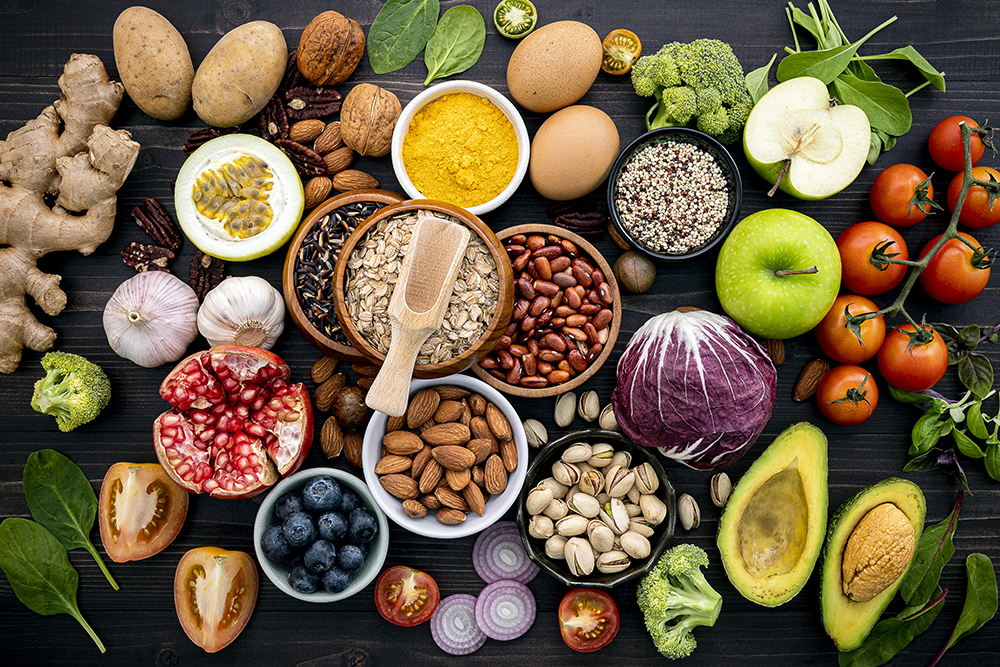Lecturer: Dr. Sharon Ravitz-Wyngaard
Course Description:
Food is a central part of our lives, yet so many times we take it for granted. At this course, we will re-discover the power of food and the meaning of food insecurity.
This course explores the importance of food and its role in food insecurity. Agriculture is a major player in the global food system, but it also faces threats. Other players, such as policy-makers, economists, environmentalists, and consumers, also impact the food system. The course explores global challenges like globalization, climate change, migration, tensions between developing and developed countries, and the relationship between men and women. Solutions to food insecurity, such as sustainable agriculture, are discussed.
Course
Objectives:
- Present key ecological processes at all levels, from individuals to the globe. View the ecological issues of food production and marketing.
- Understand the relationships between organisms and their biotic and abiotic environment
- Analyze food security challenges in both industrialized and developing countries in the context of disasters, rapid urbanization, and dynamic lifestyle changes.
Learning outcomes - On successful completion of this module, students should be able to:
- Identifying the Earth's biotic and abiotic environments.
- Analyzing ecological processes and the consequences of environmental circumstances on species from the individual to the biosphere.
- To recognize the major factors influencing food security.
- To be acquainted with diverse techniques to ensure food security.
- To understand the concepts of sustainable agriculture, as well as its benefits and drawbacks.

- Teacher: Sharon Wyngaard